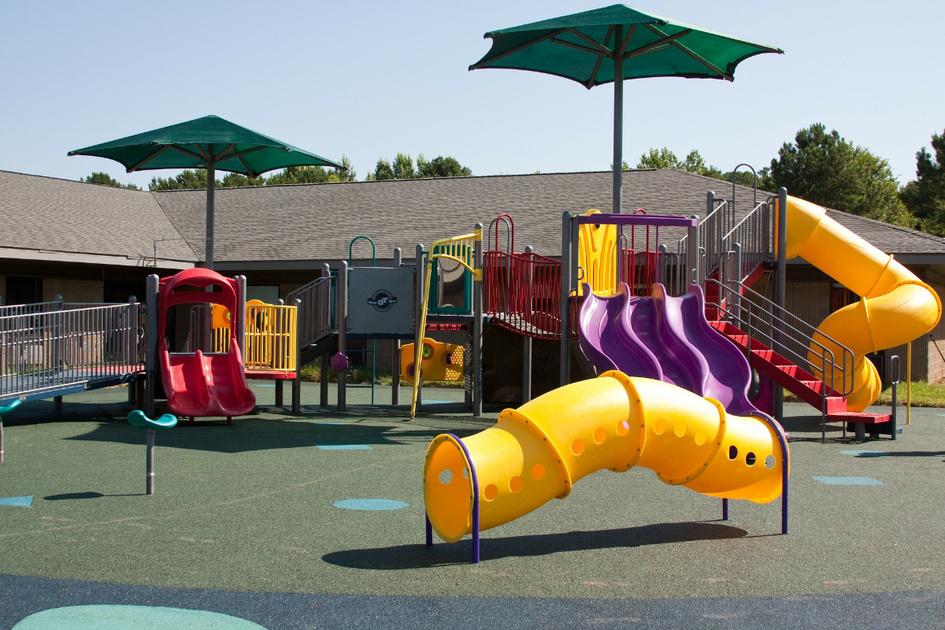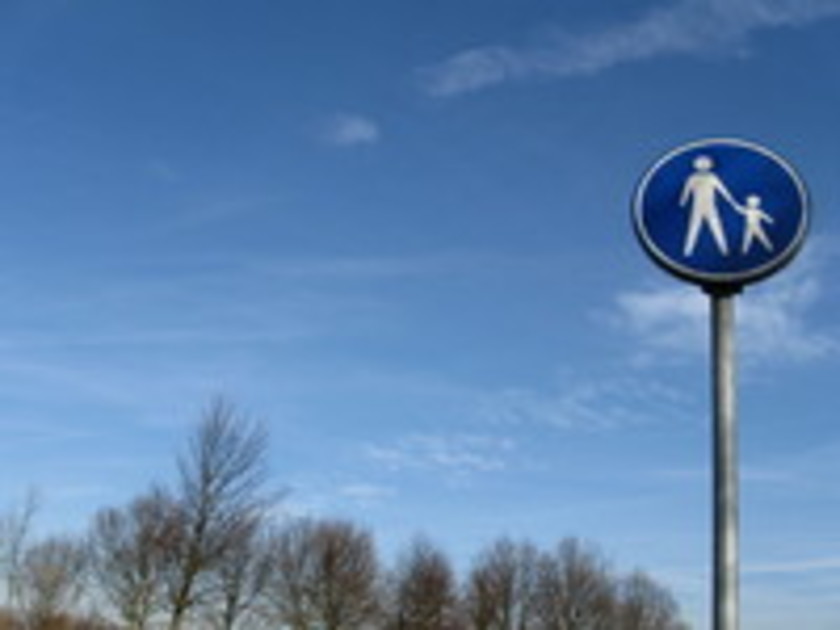
Binah #231- Recess
Dear Dr. T.,
We are looking into yeshiva for our first son [he has three older sisters] in our large metropolitan area. Boruch Hashem there are many fine schools to choose from.
One of our criteria is the recess policy in the school. We feel that children [ and adults!] do better with frequent breaks and are looking for a school with a generous recess policy. But, before we decide, we would like to get your take on the issue.
Is it important for children to have frequent, significant breaks – or it that just a waste of precious learning time?
Dr. T.,
Schools vary wildly in their recess policies- more or less, long or short. According to Alia Wong in the Atlantic Monthly [“Why Kids Need Recess: December 2016] one third of schools in the US have reduced recess since the early 2000’s. She references a group of Florida parents known as the ‘recess moms’ who have been fighting to pass legislation guaranteeing students at least 20 minutes a day of free play. Ms. Wong also states that similar legislation actually passed in New Jersey, only to be vetoed by the governor who deemed it ‘stupid.’
There is no question that some of our schools in principle give very little recess. Sometimes there is academic pressure from the parents, administration, and/or teachers who deem recess a waste of time. Others are concerned about bullying, which is most likely to occur in an unstructured [Dare I suggest – unsupervised?] environment.
But recess is not simply a break from learning. Much is accomplished in recess that cannot be done in a formal classroom.
The benefits of recess are obvious. Recess provides the opportunity for exercise – something that our children sorely lack, particularly in the winter months. The research on exercise indicates that it is important for health. Just like a child needs a healthy diet and regular sleep – he also needs regular exercise to develop his physical health and ward off health conditions that are creeping up on some of our youth- high blood pressure, high cholesterol, and obesity. It is also an important life-long habit- which like all habits- needs to be ingrained in childhood.
But a large body of research also suggests that recess improves cognition. Regular exercise has been found to improve mental functioning and academic performance. There is also a positive correlation between physical activity and the ability to concentrate in class. For anyone who works with children, this is a no-brainer. Children become restless while sitting at their desks. But give them a break – some recess- and they have an easier time staying on task and are much less fidgety.
Perhaps most important is that recess provides an opportunity to develop skills that are not taught in the classroom. It allows children to design their games, to test their physical abilities, to role play, and to mediate their own conflicts. These activities are key to developing social skills and navigating complicated relationships and situations. Recess is the time to develop life skills and to practice them in a with peers.
For those who remain unconvinced, may I remind you of the law of diminishing return. This is an economic principle that says that there is a point where working harder leads to less output. Anyone who has crammed for an exam or pulled an all-nighter before Pesach knows what this means. At a certain point, you just become inefficient. The harder you work the less you accomplish. Our students are the same – once they are taxed beyond their capabilities, the learning process becomes inefficient. A good teacher does not work the students hard: he works them smart. An effective educator figures out the optimal level of work his class can deal with- so that there are no diminishing returns.
A side comment about recess: it is a very important time of the day. The students benefit tremendously – provided it is supervised. However, when recess is a hefkar velt and a paradise for bullies and tormenters, it easily can morph into a Lord of the Flies nightmare where children are victimized and/or excluded in the cruelest of ways. So, yes, check for recess- but only if it is reasonably supervised.
Every year, the school systems of the world are ranked for education and growth. In the last few years, Finland has been the consistent #1 educational system. So, it is interesting to note, that Finnish students get more than an hour of recess each day! Obviously, their generous recess policy is not negatively impacting the students’ learning. Something to emulate?
 Previous
Previous

